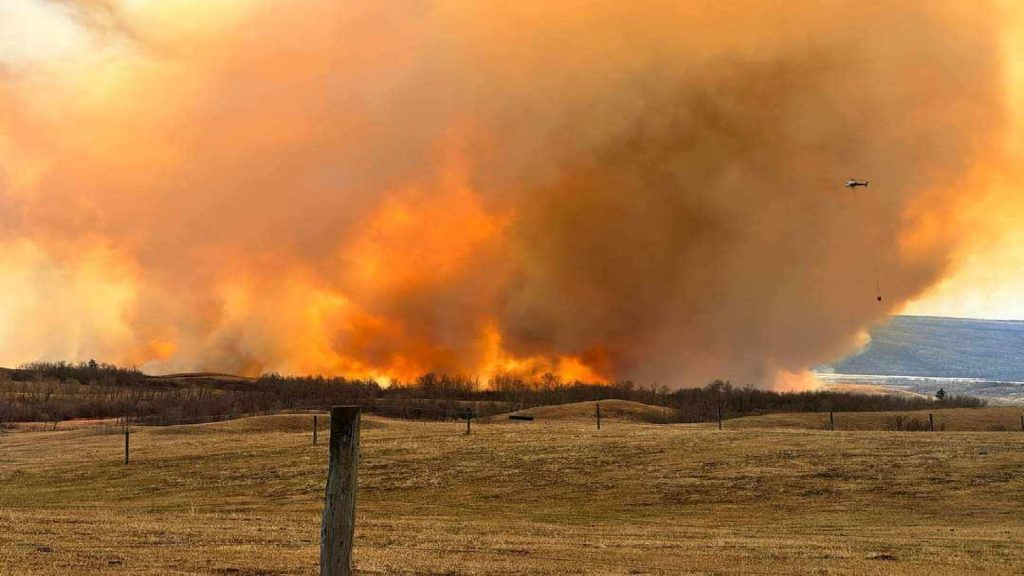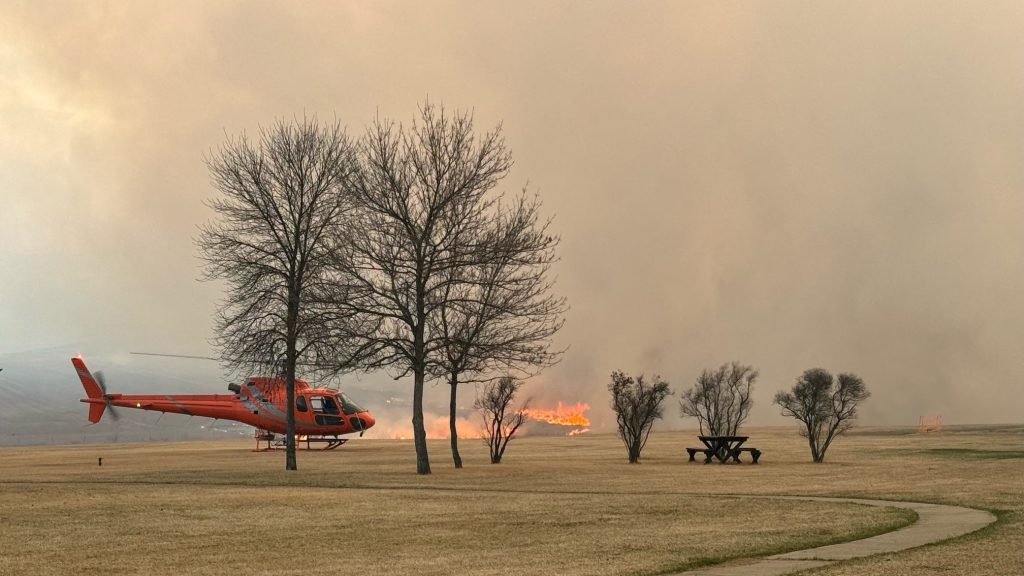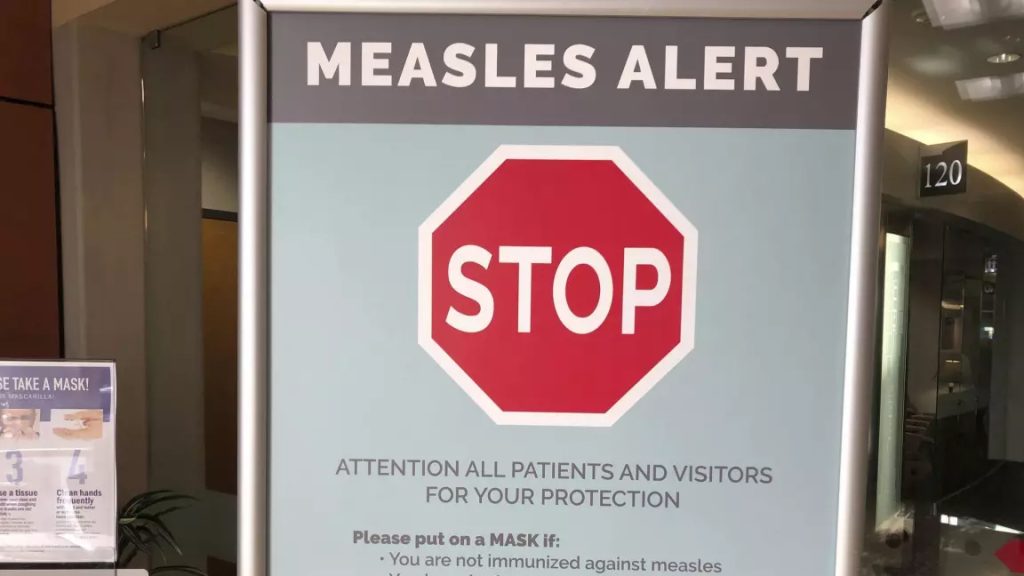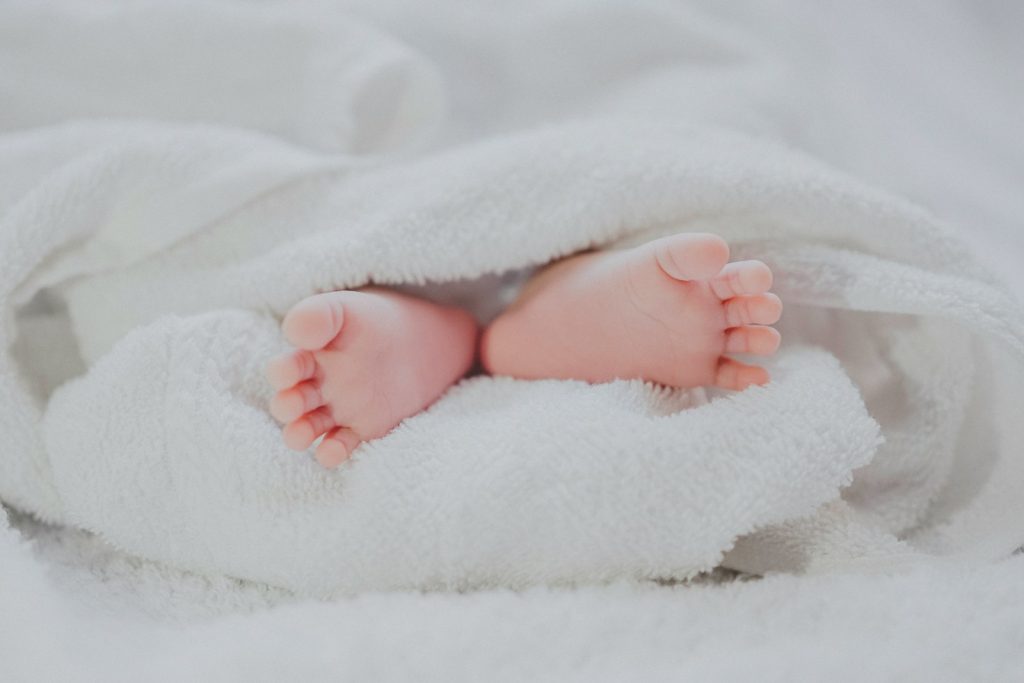Sri Lanka’s feared wartime official now in presidential fray
Posted Aug 11, 2019 6:46 am.
COLOMBO, Sri Lanka — Nandasena Gotabaya Rajapaksa, who was nominated as the Sri Lankan opposition’s presidential candidate on Sunday, is a national hero to some for his role in ending the island nation’s long civil war. But to his critics and victims of war and shadowy disappearances, he’s a feared strongman who is facing charges of condoning torture and rape, among other allegations.
Gotabaya is a younger brother to former President Mahinda Rajapaksa and was a powerful official in his brother’s government, which ended the 26-year civil war in 2009 with the Tamil Tiger rebels, who were fighting for an independent state for the country’s ethnic Tamil minority.
A former military officer, Gotabaya was known for his ruthless approach to counterinsurgency and now faces allegations of using extrajudicial methods and cracking down on those who criticized his style. However, many majority Sinhalese Buddhists see him as a prospective strong leader.
A retired army lieutenant colonel, Gotabaya migrated to the United States in 1998 to work as a system administrator at Loyola Law School in California. He returned to Sri Lanka in 2005 to help with his brother’s presidential campaign, and following Rajapaksa’s victory was appointed as secretary for the Defence Ministry. While this is usually a bureaucratic position, his brother, who was also defence minister, gave him extensive powers to deal with the Tamil Tigers just as a Norway-brokered cease-fire was fast crumbling.
Gotabaya, 70, wielded so much power that he was considered the second most powerful person in the country, even above the prime minister, the constitutional No. 2.
As civil war hostilities were escalating, he escaped an assassination attempt blamed on the Tamil Tigers in 2006 when a three-wheel vehicle laden with explosives was detonated near his motorcade. He was unhurt, but two commando troops died.
The attempt on Gotabaya’s life and a separate suicide bomb attack that badly wounded the then-army commander, among other incidents, were to soon result in return to a full-blown civil war.
Sri Lanka’s armed forces started making successful inroads to crush the rebel, who in turn increased attacks on military and civilian targets. The security establishment took some highly controversial steps, allegedly on Gotabaya’s orders, to stop rebel infiltration into the capital, Colombo, and other government-controlled areas.
Among them was an attempt to evict ethnic Tamils temporarily living in Colombo. Soldiers and police swept lodges and temporary dwellings and packed the residents in buses and transported them to the Tamil-majority north and east. The move caused a local and international outcry before it was halted by a court order; the Tamils were allowed to return, and the government was forced to apologize.
Gotabaya was also suspected to be behind men in mysterious white vans who whisked away rebel suspects, journalists and other government critics. Some of the abductees were tortured and dumped by the wayside, while others were never seen again. As a result, the term “white vans” became synonymous with abductions.
Journalist Poddala Jayantha was abducted in a white van and assaulted. He suffered broken bones in both his legs, his fingers were smashed, his body was burned, and his beard and hair were cut and stuffed inside his mouth. But he survived and fled to the United States.
In a previous interview with The Associated Press, Jayantha said that he did not know who abducted him, but that he had angered Gotabaya by arguing against Rajapaksa’s criticism of the media. Jayantha said he was openly warned by Gotabhaya that there would be dire consequences for challenging a formidable figure.
A lawsuit filed in June in the U.S. by 10 men and women said the military and police forces under Gotabaya’s watch repeatedly tortured and raped political opponents, in some cases branding them with hot metal rods and lashing them with electrical cables.
The case against Gotabaya, who is also an American citizen, was brought in federal court in Los Angeles under a statute that permits U.S. lawsuits for acts of torture and killings committed in foreign countries. It aimed to use the U.S. court system to hold him accountable for acts by the police and military he oversaw just as he entered politics and became a possible presidential contender. The allegations in the lawsuit centre on rape, torture and brutal interrogations in army camps and police stations from 2008 to 2013.
In April, a daughter of a high-profile journalist killed in 2009 also filed a lawsuit in a Los Angeles court seeking damages from Gotabaya for his alleged involvement in the assassination of her father. Lasantha Wickrematunga, the then-editor of the Sunday Leader newspaper, which extensively reported on corruption allegations against Gotabaya and the government’s alleged human rights violations in prosecuting the war, was killed while driving to work in a high-security area near Colombo.
Gotabaya has denied the allegations, which his spokesman Milinda Rajapaksha says are politically motivated.
Gotabaya has announced that he has started the process of renouncing his U.S. citizenship. Sri Lankans holding dual citizenship are barred from holding public office.
He also faces a corruption case accusing him of misappropriating $191,000 in state funds for the construction of a memorial for his parents.
The former Sri Lankan government under Rajapaksa, with Gotabhaya as a top decision maker in the military campaign against the Tamil rebels, also stands accused of war crimes.
A U.N. experts’ panel report has said that about 45,000 Tamil civilians may have been killed in the final months of the fighting alone due to indiscriminate shelling by government troops.
The Rajapaksa brothers also had their war-winning army commander, Sarath Fonseka, imprisoned, accusing him of implicating Gotabhaya in the deaths of rebels and civilians who tried to surrender with white flags under a pre-arranged deal in the last days of the war. An angry Gotabaya said in an interview with a foreign reporter at the time that he would hang Fonseka for treason if he came forward to testify before a future tribunal investigating war crimes allegations.
Besides Rajapaksa, Gotabaya’s two other brothers, two nephews and a niece are also key figures in Sri Lankan politics.
Gotabaya is married and has one son who lives in the U.S.
___
Associated Press writer Krishan Francis contributed to this report.
Bharatha Mallawarachi, The Associated Press










